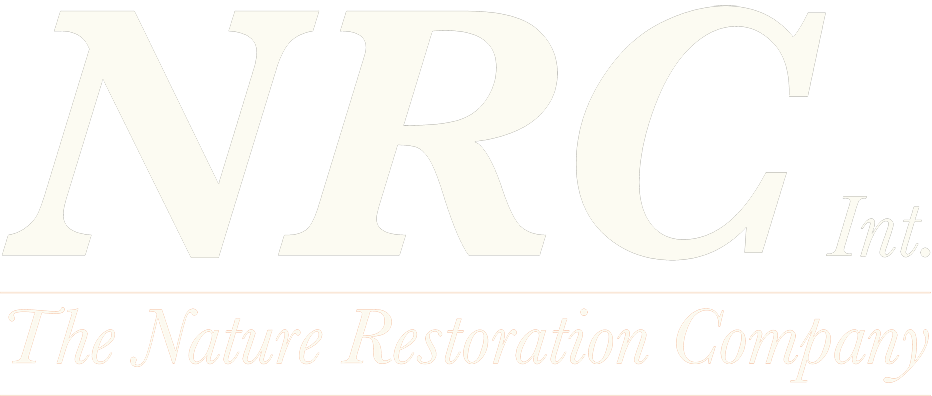NRC International greatly emphasises collaboration when identifying and developing nature-based projects. NRC seek to partner with local communities, regional authorities, and landowners to ensure that the projects are designed to meet the local community’s needs while restoring nature and improving biodiversity. During the collaboration, the local partner provides the land, while NRC Int. offers its knowledge and expertise in project design, suitable project partnerships, and implementation, as well as a network of financiers to develop the project area jointly.
One of the key aspects of NRC Int. work is to develop business models that create opportunities for the local population to benefit financially from conservation and restoration efforts. These models are designed to be sustainable and profitable and to combine nature restoration with revenue-generating activities. For example, NRC Int. promotes rotational grazing management in savanna areas, which can create healthy grazing areas for both livestock and wildlife. They also promote planting indigenous trees that produce fruits, nuts or other products that can be periodically harvested and sold. Harvesting invasive plant species to produce biomass pellets or fire bricks, organising eco-tourism activities, and setting up honey production collectives are other examples of how NRC Int. combines nature restoration with business activities.
It is important that the restored nature forms the basis of the business activities so that it can be of economic value to the local communities. To achieve this, the business activities developed by NRC Int. must address the root cause of nature destruction in the first place. Additionally, the total value chain must be taken into account carefully when developing suitable business models that fit perfectly into the value chain.
NRC Int. has developed a set of requirements that potential project areas must meet to be considered for partnership. These requirements include serious damage to nature caused by human activity, such as large-scale, long-term arable farming, overgrazing, deforestation, and excessive logging. The area must also have a minimum average rainfall of 600 mm per year. The project area must be available for the projects for at least 20 to 30 years with a preference of 30 years, have clear and proven property rights with no third-party claims, and not be part of an existing nature reserve. The cooperation agreement between the landowner and NRC Int. should serve as the legal basis for the protection of the nature area.
In conclusion, NRC Int.’s approach to nature-based projects strongly emphasises collaboration, sustainable business models, and restoration of the natural environment while providing economic opportunities for the local population. NRC Int. nature-based projects must benefit both nature and the local community.
The Nature Restoration Company is always looking for new areas to develop. If you are a representative of a local community, regional authorities and/or landowners with at least 10,000 hectares (25,000 acres) of land, please contact us for an exploratory conversation. NRC-Africa mainly focuses on restoring overgrazed, deforested, and degraded areas in Tanzania, Kenya and Zambia.
